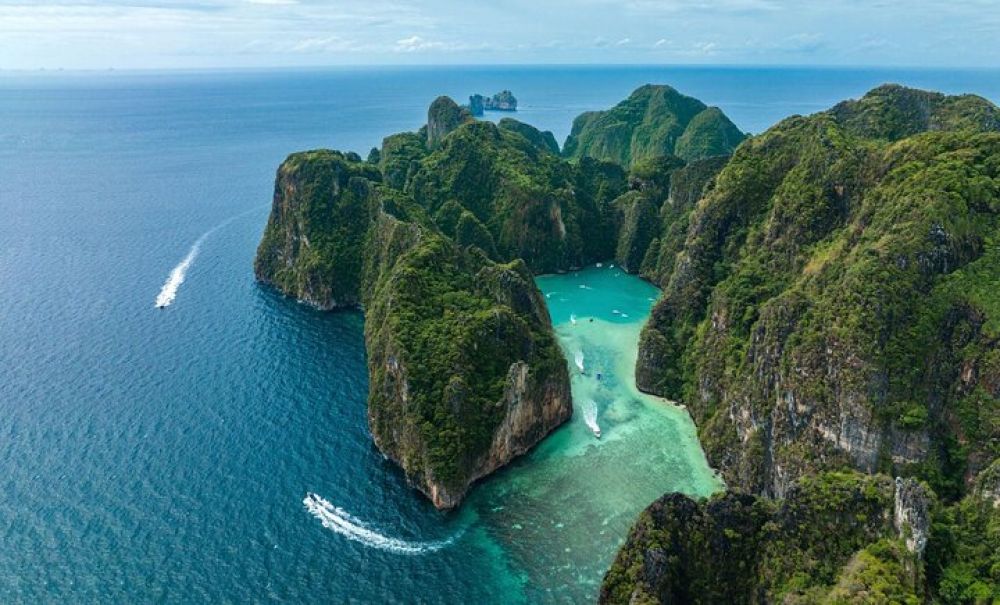

Pipha Island, located in the Rason region of North Korea, is one of the less frequented destinations due to the country's stringent travel restrictions and political isolation. Historically, tourism in North Korea has been highly controlled, with visitors only allowed into the country as part of guided tours. The history of tourism in North Korea dates back to the post-Korean War era when it began to emerge as a means for the regime to garner foreign currency.
The island itself boasts a picturesque landscape, which has been an attraction for those few visitors who have been allowed to venture into this area, primarily from neighboring China and Russia. For years, tourism in North Korea, and particularly to regions like Pipha Island, has been limited to a trickle of curious and intrepid travelers, along with a small number of approved international tour groups.
Under the special economic zone of Rason, Pipha Island has seen slight developments compared to other regions in terms of tourist facilities and permitted activities. This initiative is part of North Korea's selective strategy to increase tourism as a revenue generator while maintaining heavy oversight. Still, the island remains a less developed spot in terms of infrastructure, with Rason attempting to market itself as an ecotourism hub, leveraging its natural beauty and pristine environments.
In recent years, there has been an increasing interest in North Korea's "untouched" destinations among global adventure-seekers. Pipha Island, with its beautiful beaches and untouched marine environment, offers a unique selling point in this respect. With North Korea slowly opening up and experimenting with various forms of tourism, including Rason's annual trade fair and casino, there is potential for Pipha Island to cultivate a niche tourism market.
Despite the potential, there are significant challenges to tourism growth in North Korea. Factors such as international sanctions, political unpredictability, and global health concerns, including the COVID-19 pandemic, have severely impacted traveler confidence and accessibility. Furthermore, the North Korean government's strong grip on tourism and information dissemination makes it complex for a wider tourist industry to develop in places like Pipha Island.
For the few who make it to Pipha Island, the experience is unlike any other, marked by a blend of stark natural beauty and the pervasive presence of the state. The island offers an opportunity to glimpse into North Korea's coastal ecosystems and, from a controlled distance, engage with locals who are part of the tourism industry. Tourists may enjoy activities such as hiking, beach visits, and boat trips—albeit always within the guided tour parameters set by the authorities.
The allure of Pipha Island lies in its isolation and the mystique of North Korea as a whole. As global trends shift towards experiential and adventurous travel, there may be a gradual increase in interest towards destinations such as Pipha Island. However, the future of tourism here remains closely tied to the broader geopolitical climate and North Korea's evolving policies. Although it currently remains a destination for only the most adventurous and those able to navigate the complex processes required to visit, Pipha Island exemplifies the potential for tourism in one of the world's most closed-off countries.